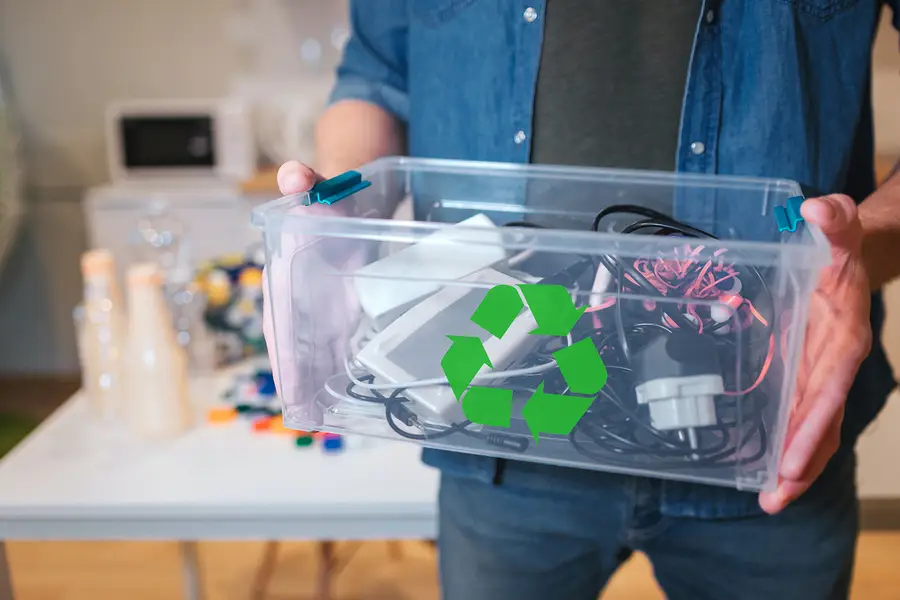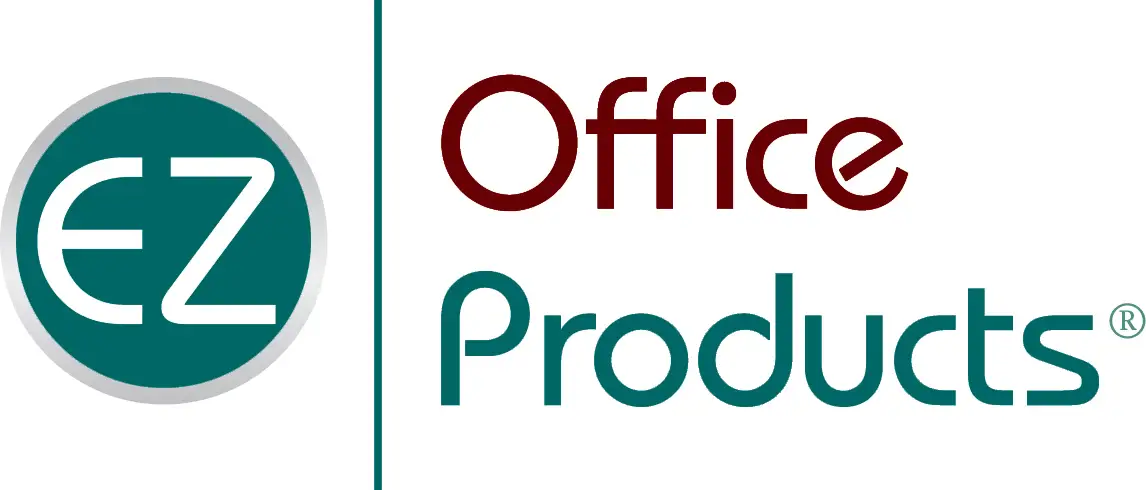Follow 10 waste reduction tips in the office to help preserve the environment.
 From food scraps and paper to plastics and other general office waste, our landfills and resources are continually taxed by the “throw it away” mentality. Many eco-conscious companies are switching their business operations to improve efficiency and reduce this waste. By striving for a zero-waste office, you can help preserve the environment while also cutting costs. Find out how to implement zero-waste at work with the following tips:
From food scraps and paper to plastics and other general office waste, our landfills and resources are continually taxed by the “throw it away” mentality. Many eco-conscious companies are switching their business operations to improve efficiency and reduce this waste. By striving for a zero-waste office, you can help preserve the environment while also cutting costs. Find out how to implement zero-waste at work with the following tips:- Conduct a waste audit
- Improve building energy efficiency
- Engage employees in waste reduction
- Encourage carpooling to work
- Make lunchtime more sustainable
- Reduce paper consumption
- Start recycling and composting
- Dispose of old technology properly
- Purchase recycled materials
- Buy local
Learn more about each of these waste reduction tips for your business below.
Conduct a waste audit
The first step toward a zero-waste policy at work is assessing what your office throws away, how much, and how frequently. Conducting a waste audit and measuring both the volume and weight of each material can help you find opportunities to reduce unnecessary waste.
Improve building energy efficiency
Your office consumes valuable energy resources every day. Switching to energy-efficient lightbulbs, turning on energy-saving features on devices, and opting for natural instead of artificial light are just a few ways to help reduce the use of fossil fuels. You may even do what we did and switch to renewable energy sources such as solar or wind to power your business. Renewable energy can be a clean and cost-effective way to incorporate sustainability into your everyday business practices.
Engage employees in waste reduction
Without the support of your team members, your zero-waste goal will not go very far. In addition to getting employee input, training is another primary element of a successful sustainable strategy. Training colleagues how to effectively use office resources, what constitutes as waste, and ways to reduce waste can help your team feel more engaged and empowered to make a difference.
Encourage carpooling to work
The average car emits about 4.6 metric tons of carbon dioxide per year. To help you implement zero waste at work, find fun and exciting ways to encourage employees to carpool to the office together. Using alternative modes of transportation, such as a bike and green-friendly public transit, are more ways to preserve environmental resources. They can even help cut emissions nearly in half to an estimated 2.17 metric tons per year!
Make lunchtime more sustainable 
Make lunchtime more sustainable by encouraging good lunch waste habits at work. This waste reduction tip includes using reusable water bottles instead of plastic ones, packing lunches instead of ordering take-out, and bringing reusable lunch containers. You can even stock your office kitchen area with real plates and silverware. Ask employees to take turns washing the used ones or invest in a dishwasher. If you’re handwashing, it takes only a few minutes to wash a dish – the prevented waste from plastic plates and disposable silverware are worth sacrificing a bit of time out of the day.
Many of these habits can also be easier on the pocketbook. According to a survey of 1,000 workers, the average American worker spends $37 per week on going out to lunch, adding up to $2,000 a year. The savings obtained from packed lunches can help your employees effectively budget their expenses while also encouraging sustainable habits.
Reduce paper consumption
Paper is one of the most-consumed materials in the office. From notebooks, printing, paper towels, and other paper products, this waste adds up fast! While paper is a recyclable material, reducing its consumption can prevent deforestation and reduce other forms of waste. Some ways to reduce paper consumption include:
- Saving digital copies of documents instead of printing them
- If printing is required, print double-sided to reduce the amount of paper used
- Use a digital note-taker instead of post-its and paper notebooks
- Using cloth hand towels instead of paper ones
- Using reusable, washable plates instead of paper ones
Start recycling and composting
Recycling your office supplies increases the life span of each product you use and helps protect limited environmental resources. Office supplies that can be recycled include batteries, chair mats, ink, light bulbs, and white office paper.
Learn more about what can and cannot be recycled in our Recycling Office Supplies 101 Guide.
Another key component of this zero-waste tip is composting. Composting uses food waste from fruit, vegetables, cheese, coffee grounds, and meats to produce nutrient-rich soil for gardening and planting. Set up a composting bin in the kitchen and encourage staff to put their food waste into it. Cover the waste with fermented organic matter called Bokashi Mix to eliminate odors and help accelerate the breakdown of the waste. Once the bin is full, it can be buried in a staff garden.
Dispose of old technology properly
If a piece of office equipment or furniture is at the end of its useful life, check to see if it can be recycled and used to create new products. Items like computers and monitors, ink cartridges, batteries, and mobile phones can be recycled at select locations.
Find out what materials EZOP can help you recycle and then read about the City of Madison’s computer and electronics recycling options.
Purchase recycled materials
Stop waste before it starts by choosing products that are packaged in easily recyclable materials, and those already made from recycled materials. When faced with the decision of what product to use, ask yourself if you can recycle or reuse it. You can also look for a “Green Tag” when buying new products to ensure they meet sustainability standards.
Find eco-friendly products such as boxed water and recycled office supplies on the EZOP Store (you must be logged in to view products).
Buy local
This final waste reduction tip for the office is about supporting Madison-area businesses. Using a local supplier limits the distance your goods must travel, thereby reducing the environmental waste produced by transporting materials. Local companies also tend to situate their shops centrally in town so that customers can access them by foot or with a short car commute. Lastly, local businesses also people-sized, meaning they generate less air pollution and waste than the typical mass-produced chain store.
Find more reasons to buy local on our blog.
This guide on how to implement zero-waste at work can get your business started on a sustainable path. Check out our office productivity and sustainability blog for more helpful tips for the workplace.
If you’re not yet an EZ Office Products customer, call our local customer concierge to discuss how we can help your Wisconsin-based business thrive at (608) 310-4300 today.
